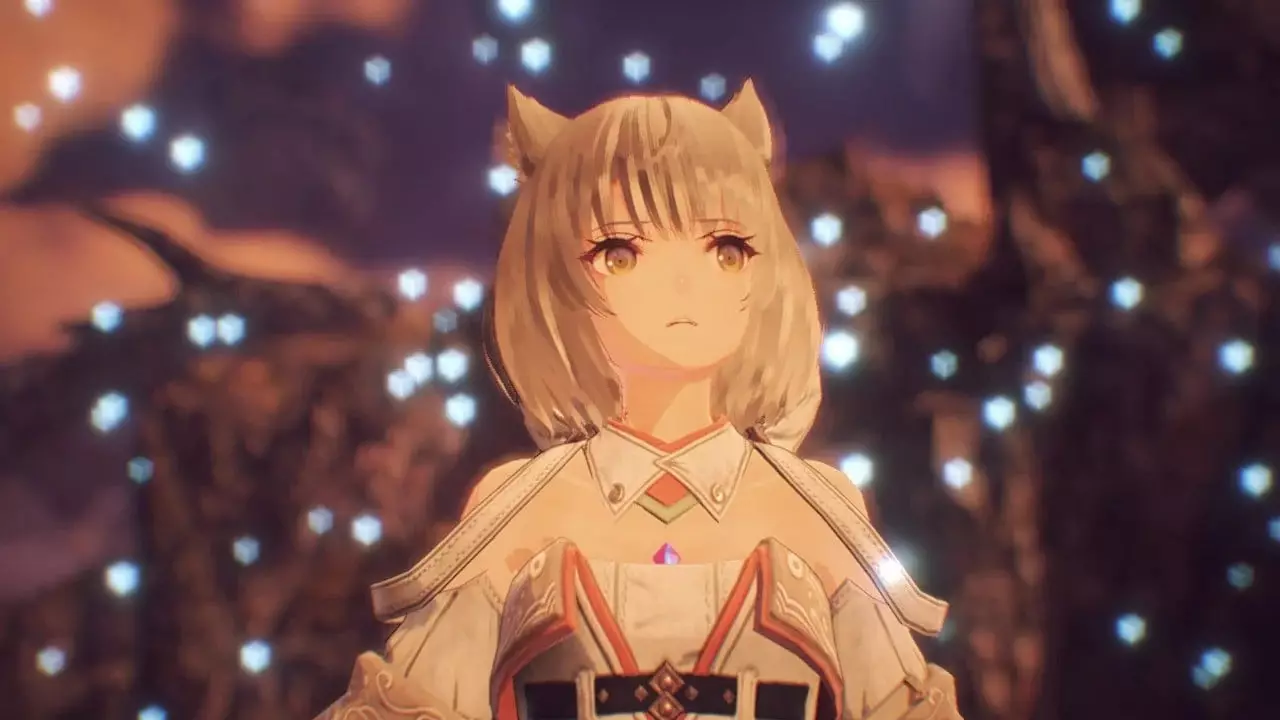The recent revelation that Nintendo has acquired 100% ownership of Monolith Soft signals a significant shift within the gaming industry. The updates to the ‘Company Profile’ section on Monolith Soft’s website confirm this transition, highlighting the culmination of a long-standing relationship that began when Nintendo first acquired an 80% stake in the company back in 2007. Over the years, as Nintendo gradually increased its share, this acquisition has raised questions about the future of both companies and the potential impact on their respective game franchises.
Nintendo’s initial foray into ownership was strategic, allowing it to leverage Monolith Soft’s expertise in developing immersive gameplay experiences, particularly in the realm of role-playing games (RPGs). The later increase to 96% ownership in 2011 hinted at a deepening partnership, but the ambiguous timeline regarding the acquisition of the remaining shares left room for speculation. Until March of this year, the founders—Hirohide Sugiura, Tetsuya Takahashi, and Yasuyuki Honne—still held onto that final 4%, which was largely symbolic at that stage. With this latest news, however, it is apparent that Monolith Soft is now wholly integrated into the Nintendo ecosystem.
Monolith Soft has become synonymous with quality gaming through its development of the Xenoblade franchise, a series celebrated for its expansive worlds and compelling narratives. However, this studio’s contributions extend beyond its flagship RPGs. Having played a crucial role in the development of blockbuster titles such as “The Legend of Zelda: Breath of the Wild” and “Tears of the Kingdom,” as well as popular franchises like Splatoon and Animal Crossing, Monolith Soft has proven its versatility and importance to Nintendo’s overall strategy.
The acquisition may solidify Monolith Soft’s place within Nintendo, ensuring that the studio will continue to innovate and produce games that resonate with audiences around the globe. As the gaming landscape evolves, fans eagerly anticipate new releases, including the much-anticipated “Xenoblade Chronicles X: Definitive Edition,” slated for March 2025. This forthcoming release provides a glimmer of hope that Nintendo is not only investing in its past successes but also looking to expand its horizons with new titles and gameplay experiences.
With Nintendo’s complete ownership of Monolith Soft now a reality, the industry is left pondering the future possibilities. Fans speculate about what this partnership might yield, particularly regarding the next-generation console, rumored to be the ‘Switch 2.’ The collaboration could lead to groundbreaking titles that leverage the strengths of both companies in ways not previously imagined.
Furthermore, the consolidation of interests raises questions about the creative independence of Monolith Soft. While operating as a subsidiary may foster collaboration, it may also lead to constraints on innovation, depending on how Nintendo chooses to channel Monolith’s talent. As they approach a new chapter in their relationship, observers will closely monitor how this integration unfolds and its broader implications for the gaming industry at large.
Nintendo’s full acquisition of Monolith Soft not only marks a significant event for both companies but also sets the stage for exciting developments that could shape the future of gaming in the coming years.


Leave a Reply